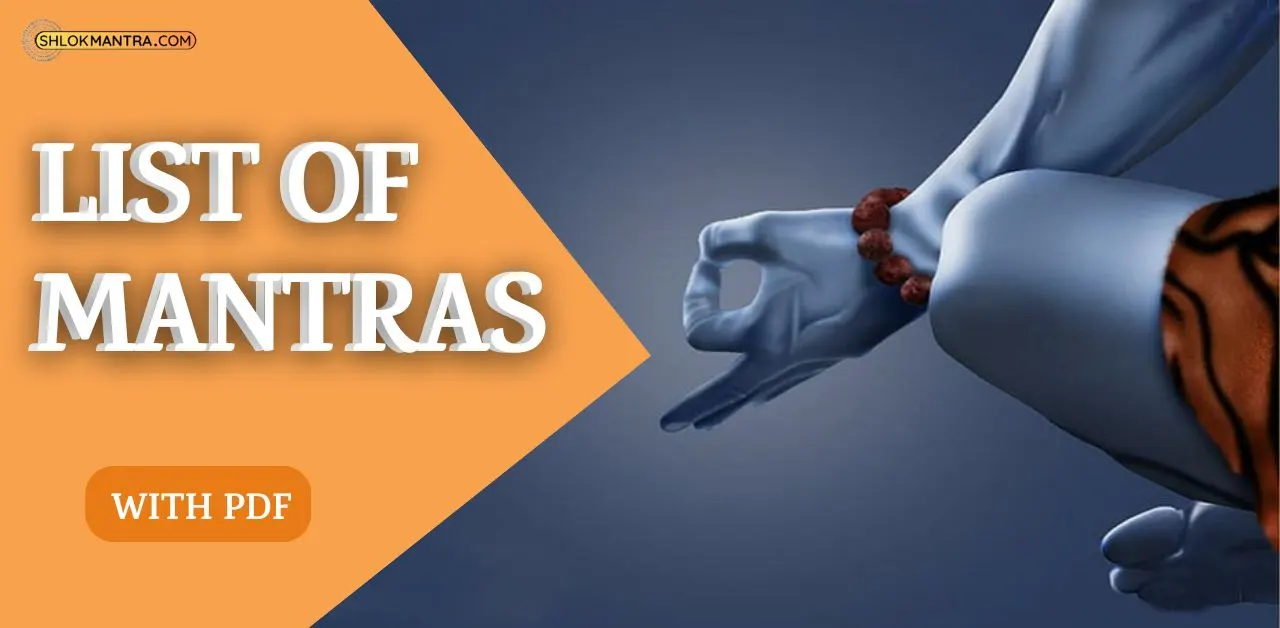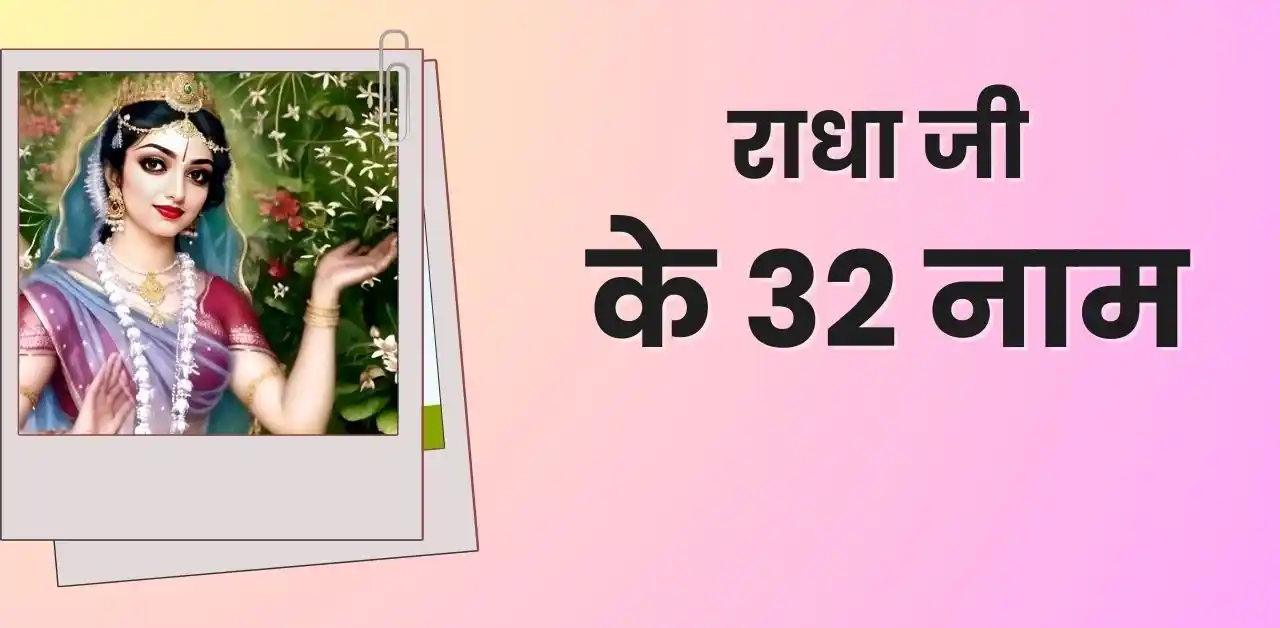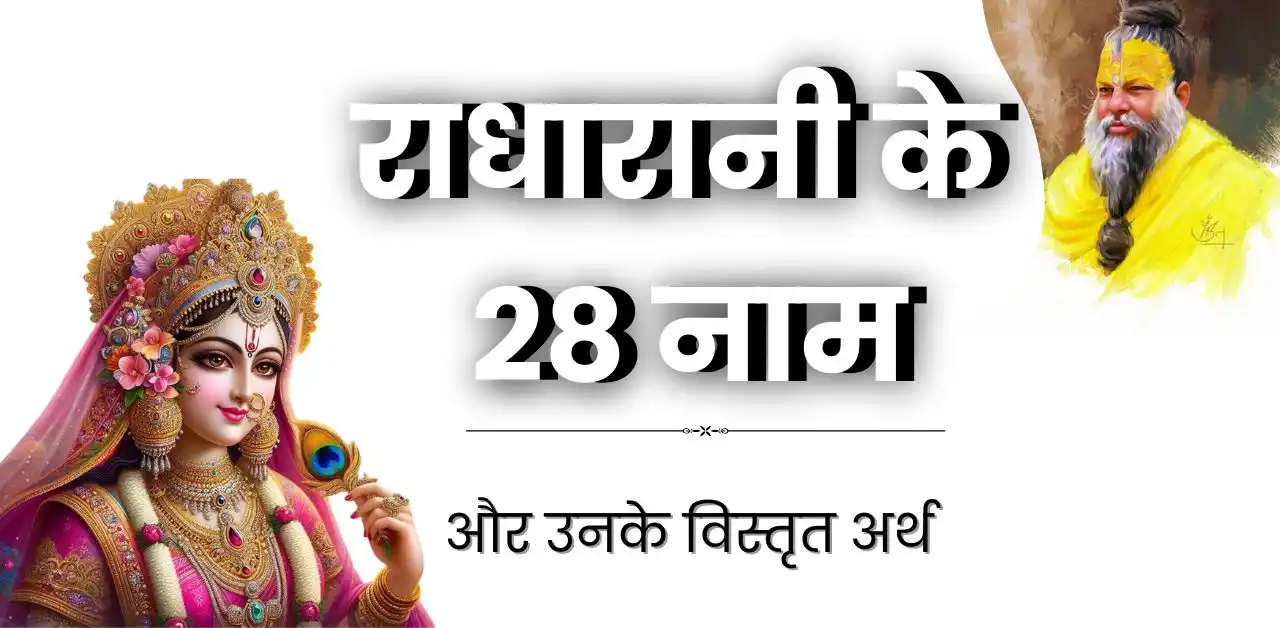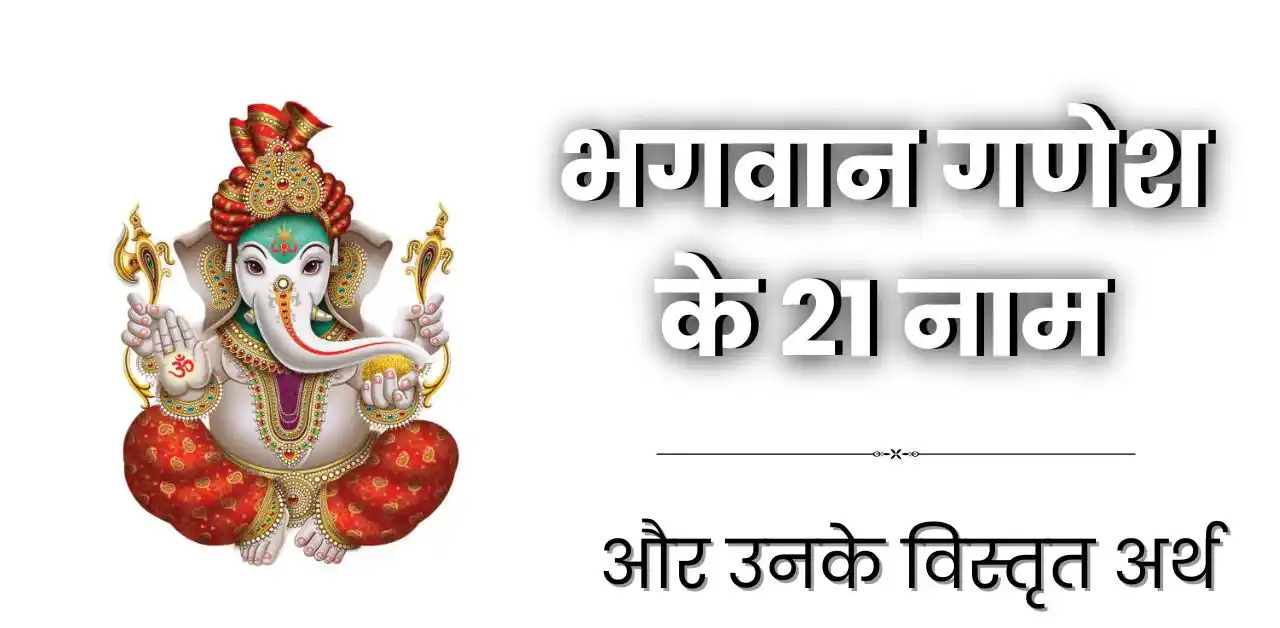Mantras are not just sounds or words from ancient Sanskrit texts. They are sacred repeating chants which have been used since time immemorial during meditation sessions. The beliefs associated with each of these mantras are considered to be true since they invoke certain qualities or energies.
The repeated words are capable of bringing about mind body and spiritual benefits because they are believed that every mantra carries different frequencies. For centuries mantras have been passed from one generation to another because people have believed that they can help one change oneself for better while at the same time remaining calm and focused.
List Of Mantras
List Of Mantras : Hindu Mantras
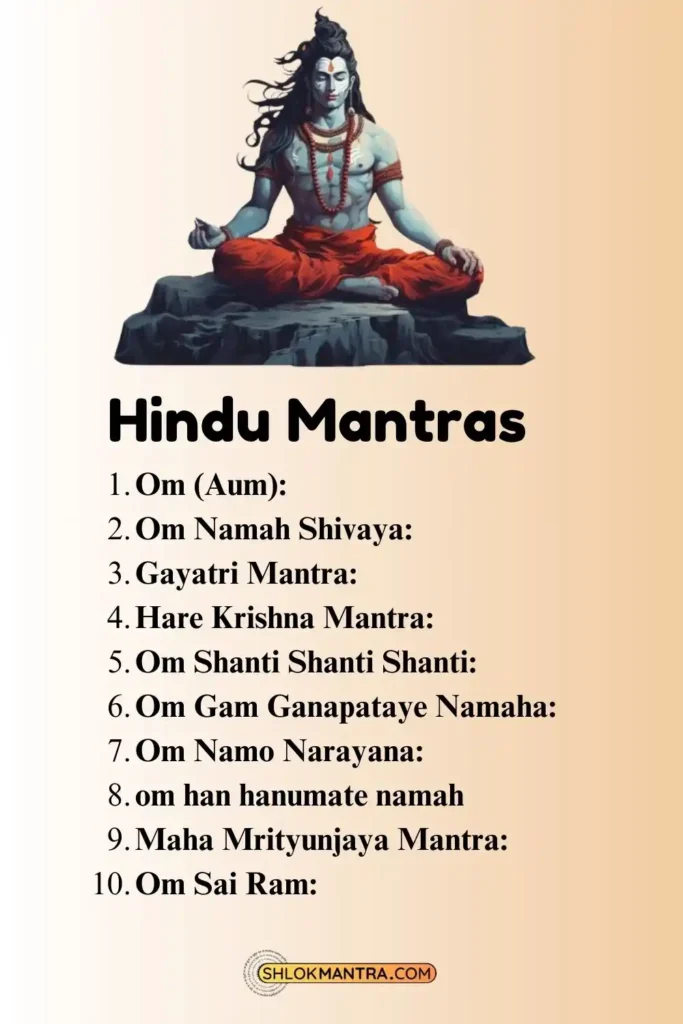
- Om (Aum): Considered the most sacred sound in Hinduism, representing the essence of the universe.
- Om Namah Shivaya: A powerful mantra dedicated to Lord Shiva, the destroyer and transformer in the Hindu Trinity.
- Gayatri Mantra: One of the oldest and most revered mantras, invoking the divine light and wisdom of the sun deity.
- Hare Krishna Mantra: Also known as the Maha Mantra, it’s a chant for invoking spiritual energy and devotion to Lord Krishna.
- Om Shanti Shanti Shanti: A peace invocation, repeated three times for peace in the physical, mental, and spiritual realms.
- Om Gam Ganapataye Namaha: A mantra dedicated to Lord Ganesha, the remover of obstacles and the god of beginnings.
- Om Namo Narayana: Invoking the divine presence of Lord Vishnu, the protector and preserver in the Hindu Trinity.
- Maha Mrityunjaya Mantra: Known as the Great Death-Conquering Mantra, it’s a prayer for healing, longevity, and liberation from death.
- Om Sai Ram: A mantra dedicated to Sai Baba, a revered saint in Hinduism, symbolizing surrender and devotion.
List Of Mantras : Buddhist Mantras
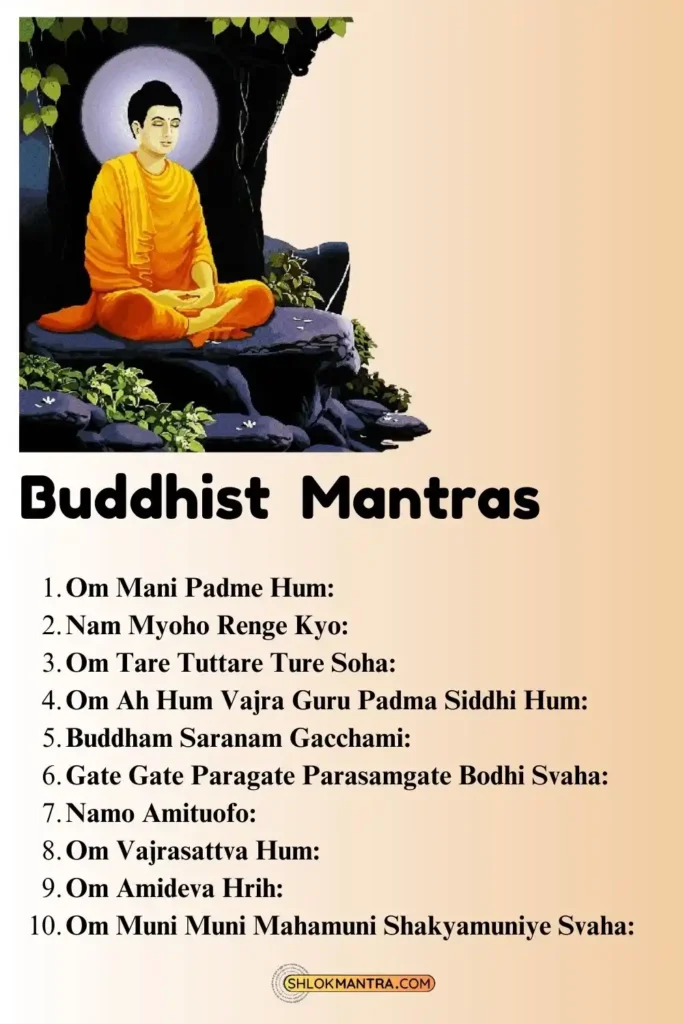
- Om Mani Padme Hum: The most widely known Buddhist mantra, representing the path to enlightenment and compassion.
- Nam Myoho Renge Kyo: A mantra from Nichiren Buddhism, expressing devotion to the Lotus Sutra and the inherent Buddha nature within all beings.
- Om Tare Tuttare Ture Soha: A mantra dedicated to Tara, the female Bodhisattva of compassion and protection.
- Om Ah Hum Vajra Guru Padma Siddhi Hum: A mantra invoking Guru Rinpoche (Padmasambhava), the founder of Tibetan Buddhism in the Himalayas.
- Buddham Saranam Gacchami: “I take refuge in the Buddha,” a fundamental mantra expressing devotion to the Triple Gem in Buddhism.
- Gate Gate Paragate Parasamgate Bodhi Svaha: From the Heart Sutra, it signifies the transcendence of suffering and attainment of enlightenment.
- Namo Amituofo: A Pure Land Buddhism mantra expressing devotion to Amitabha Buddha and aspiration for rebirth in his Pure Land.
- Om Vajrasattva Hum: A purification mantra invoking the purity and wisdom of Vajrasattva, the Bodhisattva of purification.
- Om Amideva Hrih: Also known as the Amitabha Mantra, it’s chanted to connect with the energy of Amitabha Buddha and his Pure Land.
- Om Muni Muni Mahamuni Shakyamuniye Svaha: A mantra honoring Shakyamuni Buddha, the historical Buddha, and his teachings.
List Of Mantras : Sikh Mantras
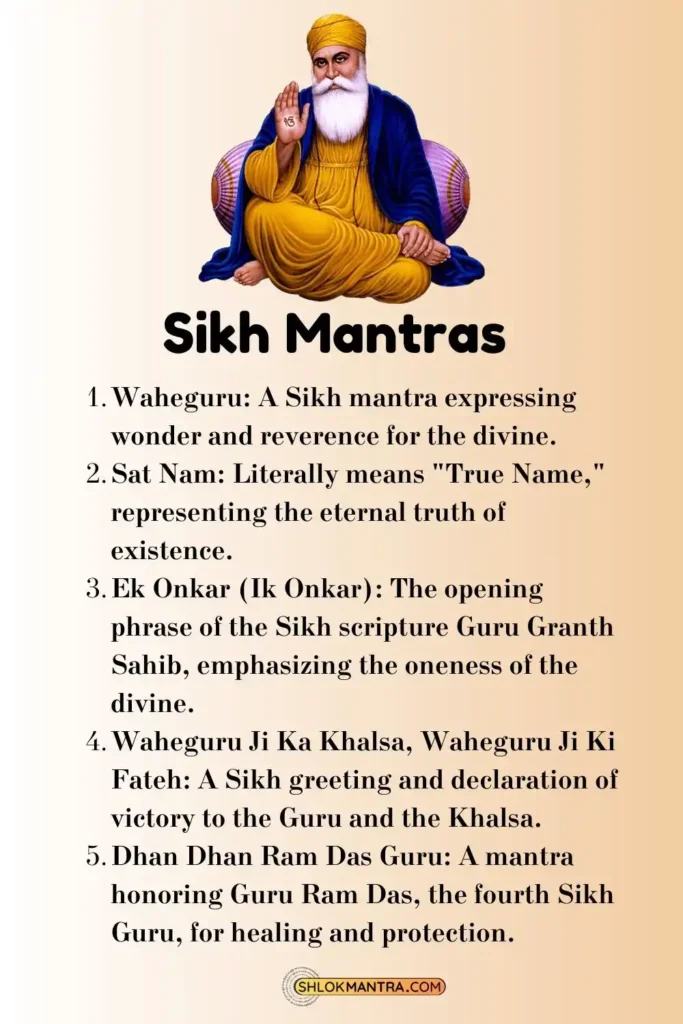
- Waheguru: A Sikh mantra expressing wonder and reverence for the divine.
- Sat Nam: Literally means “True Name,” representing the eternal truth of existence.
- Ek Onkar (Ik Onkar): The opening phrase of the Sikh scripture Guru Granth Sahib, emphasizing the oneness of the divine.
- Waheguru Ji Ka Khalsa, Waheguru Ji Ki Fateh: A Sikh greeting and declaration of victory to the Guru and the Khalsa.
- Dhan Dhan Ram Das Guru: A mantra honoring Guru Ram Das, the fourth Sikh Guru, for healing and protection.
Other Spiritual Mantras:
- So Hum: A mantra used in Hindu and Buddhist meditation, signifying the unity of the individual with the universe.
- Lokah Samastah Sukhino Bhavantu: A Sanskrit prayer for the well-being and happiness of all beings.
- Aum Tat Sat: A Vedic mantra representing the ultimate reality and existence.
- Sat Nam: Also used in Kundalini Yoga, it means “True Name” and affirms the divine truth within oneself.
- Om Namo Bhagavate Vasudevaya: A mantra dedicated to Lord Krishna, acknowledging his divine presence and protection.
- Ra Ma Da Sa Sa Say So Hung: A Kundalini Yoga mantra for healing and balance.
- I Am That I Am: Reflects the divine essence within each individual, echoing the words of God in the Bible.
- Gate Gate Paragate Parasamgate Bodhi Svaha: Also used in Buddhist practice, emphasizing the journey to enlightenment.
- Om Sri Ram Jai Ram Jai Jai Ram: A mantra invoking the divine presence and blessings of Lord Rama.
- Om Shreem Mahalakshmiyei Namaha: A Lakshmi mantra for abundance, prosperity, and spiritual wealth.
List Of Mantras : Tibetan Mantras
- Om Mani Padme Hum: A universally recognized mantra in Tibetan Buddhism, invoking the blessings of Avalokiteshvara, the Bodhisattva of compassion.
- Om Tare Tuttare Ture Soha: Specifically the White Tara Mantra, seeking protection and liberation from suffering.
- Om Ah Hum Vajra Guru Padma Siddhi Hum: A mantra invoking the blessings of Guru Rinpoche (Padmasambhava) for spiritual realization and transformation.
- Om Vajrasattva Hum: A purification mantra for removing negative karma and obstacles on the path to enlightenment.
- Om Benza Satto Hung: A mantra invoking the energy and protection of Vajrapani, the Bodhisattva of spiritual power.
- Om Muni Muni Mahamuni Shakyamuniye Svaha: Honoring Shakyamuni Buddha and his teachings for enlightenment.
- Om Ami Dewa Hrih: Invoking the blessings of Amitabha Buddha for rebirth in his Pure Land of Ultimate Bliss.
- Om Ah Ra Pa Tsa Na Dhih: The Mantra of Avalokiteshvara, expressing compassion and liberation from suffering.
- Om Ah Hum Soha: The Medicine Buddha Mantra, seeking healing and well-being for oneself and others.
- Om Amogha Siddhi Ah: A mantra for achieving swift and powerful spiritual accomplishments.
Japanese Mantras (Shingon Buddhism):
- On Kakaka Bishamonten Swaha: A mantra dedicated to Bishamonten, the guardian of the north and deity of fortune.
- On Abiraunken Basaradanma Sowaka: A mantra for invoking Abiraunken, the deity of wisdom and knowledge.
- On Kanzeon Bosatsu Sowaka: A mantra for Avalokiteshvara, the Bodhisattva of compassion.
- On Fudo Myoo On Sowaka: A mantra for Fudo Myoo, the wrathful deity of wisdom and protection.
- On Kongo Yasha Myo On Sowaka: A mantra for Kongo Yasha Myo, the wrathful deity of wisdom and enlightenment.
List Of Mantras : Christian Mantras:
- Kyrie Eleison: Greek for “Lord, have mercy,” expressing humility and seeking divine mercy and compassion.
- Jesus Prayer: A simple yet profound prayer in Orthodox Christianity, invoking the name of Jesus for mercy and salvation.
- Maranatha: Aramaic for “Come, Lord Jesus,” expressing the longing for the second coming of Christ.
- Anima Christi: A Catholic prayer reflecting on the spiritual communion with Christ’s body and blood.
- Veni Sancte Spiritus: Latin for “Come, Holy Spirit,” invoking the presence and guidance of the Holy Spirit.
List Of Mantras : Jewish Mantras:
- Shema Yisrael: The central declaration of the Jewish faith, affirming the oneness of God.
- Adonai Eloheinu, Adonai Echad: “The Lord our God, the Lord is One,” echoing the monotheistic core of Judaism.
- Baruch atah Adonai: Beginning of Jewish blessings, acknowledging the divine source of all blessings.
- Modeh Ani: A morning prayer expressing gratitude for waking up to a new day.
- Shalom Aleichem: A greeting meaning “Peace be upon you,” invoking blessings of peace and harmony.
- Hallelujah: A universal expression of praise to Yahweh, meaning “Praise the Lord.”
- Ani l’dodi v’dodi li: “I am my beloved’s and my beloved is mine,” expressing love and devotion.
- Adon Olam: A hymn declaring God’s eternal sovereignty and providence.
- El Malei Rachamim: A prayer for the souls of the deceased, asking for divine mercy and compassion.
- Birkat Kohanim: The Priestly Blessing, invoking divine blessings and protection.
List Of Mantras : Native American Mantras:
- Mitákuye Oyás’iŋ: “All Are Related,” acknowledging the interconnectedness of all life.
- Ho’oponopono: A Hawaiian mantra for forgiveness and reconciliation, promoting inner peace and harmony.
- A’ho Mitakuye Oyasin: “All my relations,” expressing reverence for all living beings in Lakota Sioux tradition.
- Wakan Tanka: “Great Spirit,” recognizing the divine presence and sacredness of all creation in Sioux culture.
- In Lak’ech Ala K’in: “I am another you,” promoting unity and empathy in Mayan tradition.
- Ometeotl: A dual deity representing the divine unity of complementary forces in Aztec spirituality.
- Ake Wá: “Listen,” a mantra from Arawak tradition, encouraging attentiveness and mindfulness.
- Yo Te Ene A Yo: “You are me and I am you,” emphasizing interconnectedness in Taino culture.
- Tunkashila: “Grandfather Spirit,” invoking the wisdom and guidance of ancestors in Lakota Sioux tradition.
- Níya Wënu: “We are all one,” a Yurok mantra affirming the interconnectedness of all beings.
Mantras hold deep significance in various spiritual traditions, serving as powerful tools for meditation, devotion, healing, and spiritual growth. These diverse mantras reflect the richness of human spirituality and the universal longing for connection with the divine.
List of Mantras Pdf
List Of Mantras : Chakra Mantras
Chakra mantras are specific sounds or vibrations used to activate and balance the energy centers within the body, known as chakras. Each chakra is associated with a particular sound, element, color, and aspect of consciousness. Chanting or meditating on chakra mantras can help clear blockages, promote energy flow, and enhance overall well-being. Here are the main chakra mantras associated with each chakra:
Root Chakra (Muladhara):
- Mantra: “Lam” (pronounced as “lahm”)
- Purpose: Grounding, stability, survival
- Sacral Chakra (Swadhisthana):
- Mantra: “Vam” (pronounced as “vahm”)
- Purpose: Creativity, pleasure, emotional balance
- Solar Plexus Chakra (Manipura):
- Mantra: “Ram” (pronounced as “rahm”)
- Purpose: Personal power, confidence, self-esteem
- Heart Chakra (Anahata):
- Mantra: “Yam” (pronounced as “yuhm”)
- Purpose: Love, compassion, forgiveness, empathy
- Throat Chakra (Vishuddha):
- Mantra: “Ham” (pronounced as “hahm”)
- Purpose: Communication, self-expression, truth
- Third Eye Chakra (Ajna):
- Mantra: “Om” or “Aum” (pronounced as “ohm” or “ah-oo-mm”)
- Purpose: Intuition, inner wisdom, insight, perception
- Crown Chakra (Sahasrara):
- Mantra: “Om” or “Aum” (pronounced as “ohm” or “ah-oo-mm”)
- Purpose: Spiritual connection, divine consciousness, enlightenment
When working with chakra mantras, it’s essential to focus on the corresponding chakra while chanting or meditating. Visualizing the associated color and element can enhance the effectiveness of the practice. Additionally, combining chakra mantras with deep breathing, yoga poses, or visualization techniques can amplify their benefits and promote harmony and balance throughout the body, mind, and spirit.
FaQs
Who is the King of Mantra?
In Hindu tradition, Lord Shiva is often referred to as the “King of Mantras” or “Mahamantra Rajan” because of his association with the most potent and revered mantra, the “Mahamrityunjaya Mantra.
Which is the Most Powerful Mantra?
The Gayatri mantra, extracted from the Rig Veda, is revered as one of Hinduism’s most universal mantras. It invokes the universal Brahman and the illuminating power of the primordial Sun, symbolizing knowledge and enlightenment.
Who is the mother of all Mantras?
The Gayatri mantra is revered as the mother of all Vedic mantras, as it encompasses the essence of divine knowledge and enlightenment.
